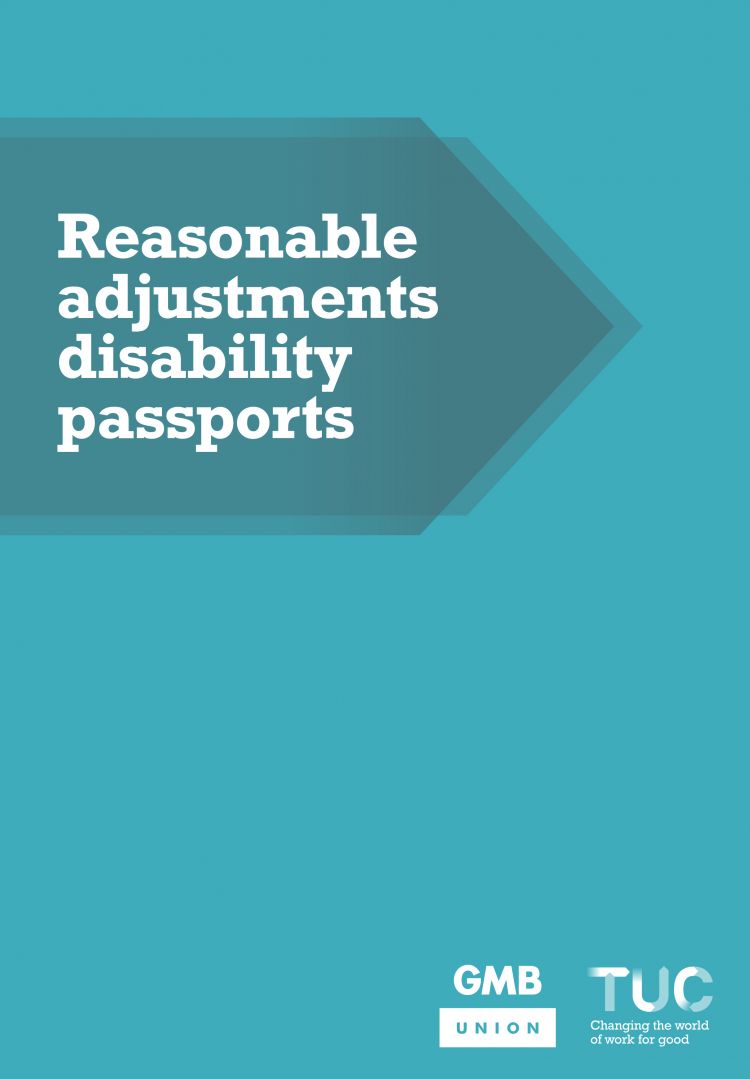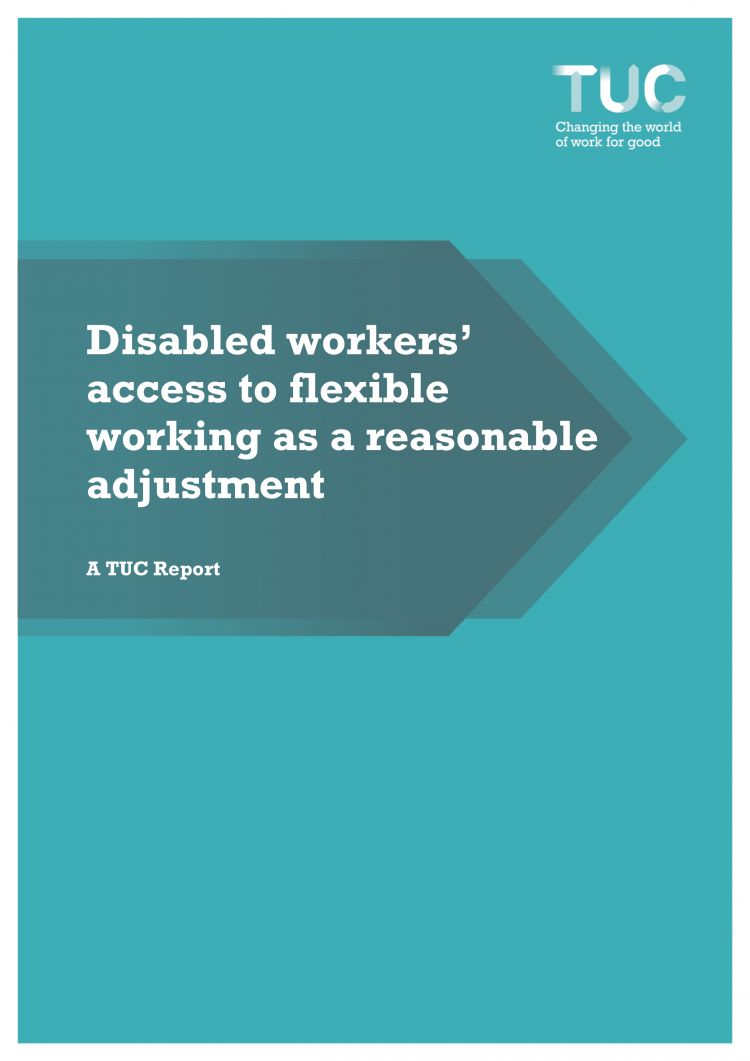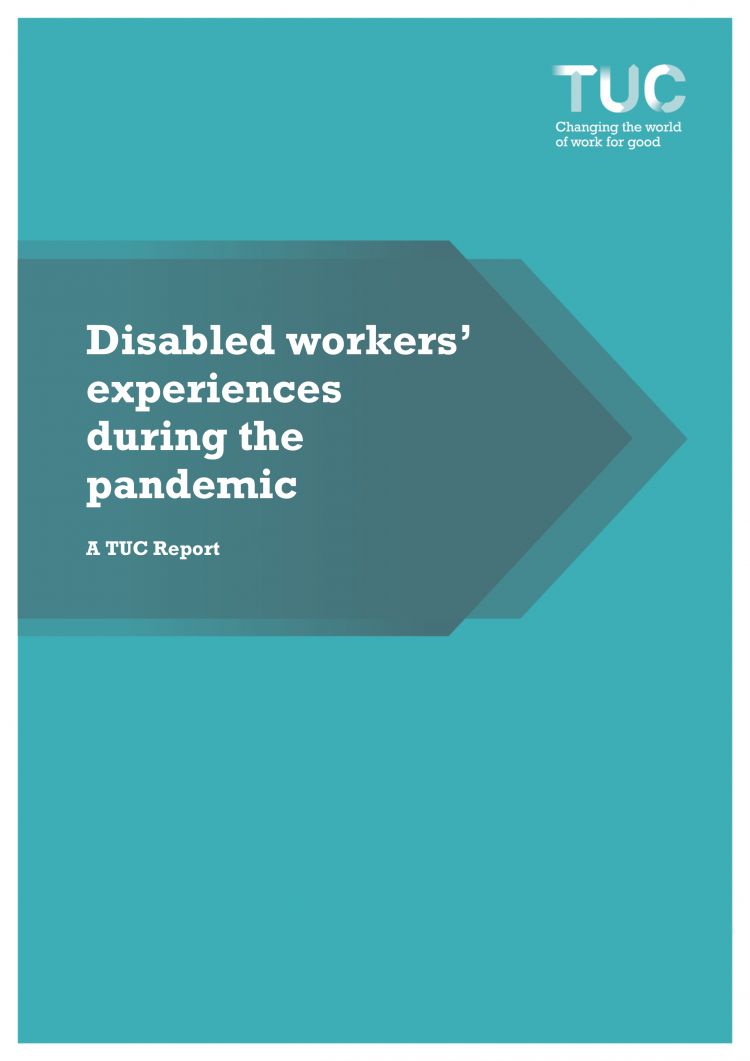Reasonable adjustments
All employers have a legal duty under the Equality Act 2010 to proactively make reasonable adjustments to remove, reduce or prevent any disadvantages that disabled workers face.
The law recognises that to secure equality for disabled people work may need to be structured differently, support given, and barriers removed. It means that in certain circumstances disabled people may be treated more favourably than non-disabled people to ensure equality, but one disabled person cannot be treated more favourably than another disabled person.
An employer who fails to meet their legal duty under the Equality Act 2010 to make reasonable adjustments is in breach of the law and could be taken to an employment tribunal.
Public sector employers have an additional legal duty to consider or think about how their policies or decisions affect people who are protected under the Equality Act. This public sector equality duty will include public authorities considering how their policies affect disabled employees and taking steps to mitigate any adverse impact.
Workplace guidance: Learn more about disability discrimination or go directly to the section on reasonable adjustments.
TUC Film: Reasonable Adjustments
Watch film with British Sign Language or audio description
Guide for reps
Reasonable adjustments disability passports
A reasonable adjustments disability passport is a live record of adjustments agreed between a worker and their manager to support them at work because of a health condition, impairment or disability. The passport supports members and their reps to work with employers to ensure that up-to-date, appropriate, practical and correct reasonable adjustments are in place.
The passporting system means that disabled members who move roles, or their line manager changes, do not have to re-explain or renegotiate their reasonable adjustments.
Download report (pdf)
Interactive guide on passporting
Covid-19 and reasonable adjustments - guide for reps
At the best of times disabled members tell us they find it difficult to get, and keep in place, the reasonable adjustments they need to do their job. They tell us there are many reasons why their adjustments are hard to get, for example when their managers don’t understand their legal obligations, and hard to keep in place particularly when their line manager changes.
We are still in the middle of a once in a century event that has far reaching and widespread implications, many of which are unknown.
However, one of the changes where the impact is already clear, is that more people than ever before have to work from home. This has thrown up concerns about reasonable adjustments.
This guide addresses common questions about reasonable adjustments asked during the pandemic.
TUC Research
Disabled workers’ access to flexible working as a reasonable adjustment
Equality and Human Rights Commission guidance on flexible working makes it clear that it may be a reasonable adjustment for employers to allow disabled workers to work flexibly if this removes a barrier they face to being able to do their job.
This report looks at workers experiences of working from home over the pandemic and desire for future home and flexible working. It found a significant demand among disabled workers for flexible working. In terms of location, despite the challenges that some workers experienced during the pandemic, nearly all disabled workers (90 per cent) who had worked from home during the pandemic wanted to continue doing so in some form, either completely remotely or a hybrid working arrangement after the pandemic.
Download report (pdf)
Disabled workers’ experiences during the pandemic
This report looks at how pre-existing workplace barriers have been affected by the pandemic and the impact it has had on disabled workers.
It revealed that getting and keeping reasonable adjustments in place is an ongoing issue for disabled workers. Before the pandemic, over four in 10 (45 per cent) of disabled workers who asked for reasonable adjustments failed to get any or only got some of the reasonable adjustments they asked for put in place and one-fifth (20 per cent) who had identified reasonable adjustments had not asked for them. This means that more than half of disabled workers 55 per cent who identified reasonable adjustments were not getting all the reasonable adjustments they needed.
Download report (pdf)
Stay Updated
Want to hear about our latest news and blogs?
Sign up now to get it straight to your inbox




